
Excessive Saliva
Excessive production of saliva is a rather embarrassing and uncomfortable issue. This condition is also known as ptyalism and Sialorrhea. It is not so severe disorder but can definitely interfere in normal social functioning of the affected person.
Causes of Excessive Saliva
Excessive production of saliva may be a symptom of numerous diseases. It can occur in childhood or later in life. There are numerous causes of hyperproduction of saliva. Excessive drooling is normal in infants especially when they are teething.
One of the leading causes of extreme production of saliva is hyperactivity of salivatory glands. Hyperactivity may be a symptom of many medical conditions such as swelling of salivatory glands, particularly the parotid gland, or even salivatory gland tumors.
Another cause of hypersalivation may be related to low rate of swallowing. Namely, the salivatory glands produce optimal amount of saliva which is supposed to be swallowed on regular bases. In certain diseases which cause problems with swallowing saliva may accumulate in oral cavity. Such diseases include swelling of the palate, Bell's palsy, swelling of the tonsils, pharyngitis etc.
Even certain medications may be a cause of excessive production of saliva. One of them is administered in people who are suffering from schizophrenia and its name is clozapine. Nitrazepam, risperidone, bethanechol, lithium, and many more can also lead to hypersalivation.
Even pregnant women often complain about excessive saliva, particularly in the beginning of pregnancy. Hyperproduction of saliva is in this case explained by change in hormonal levels. Hypersalivation in pregnancy commonly accompanies nausea, a frequent problem for early pregnancy.And finally, hypersalivation may be related to dental restoration and application of new dentures.
Treatment for Excessive Saliva
The treatment for hypersalivation basically depends on the severity of the problem and the underlying cause.
In case excessive saliva is a consequence of certain inflammatory diseases of the oral cavity or pharynx the patients should not worry since once the disease is over the problem of hypersalivation will also go away. Patients suffering from Bell's palsy may suffer from excessive saliva only in the beginning of the disease. In case they fully recover hypersalivation disappears as well. Only if there is permanent damage to process of swallowing those suffering from Bell's palsy have to face persistent problem with excessive saliva.
If this symptom occurs as side effect of certain medications, they will be discontinued and the doctor will prescribe new medications which will not lead to reoccurrence of the problem.
Fortunately, hypersalivation in pregnant women is only transitory so it requires no treatment. It withdraws spontaneously in the second trimester.
People who have new dentures that cause hypersalivation need to report this problem to their dentist and after remodeling of the dentures the problem will be solved.


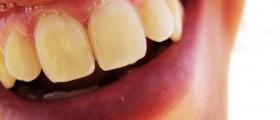
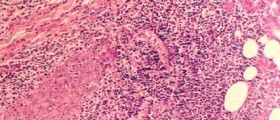
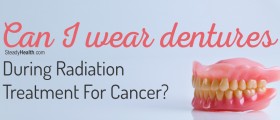
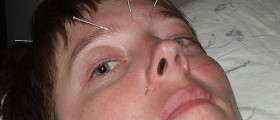

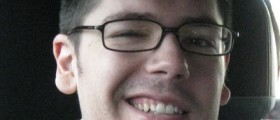
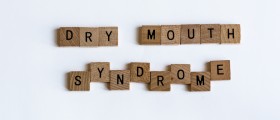
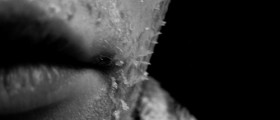
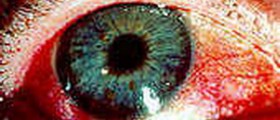
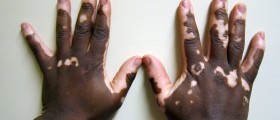




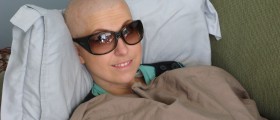
Your thoughts on this
Loading...